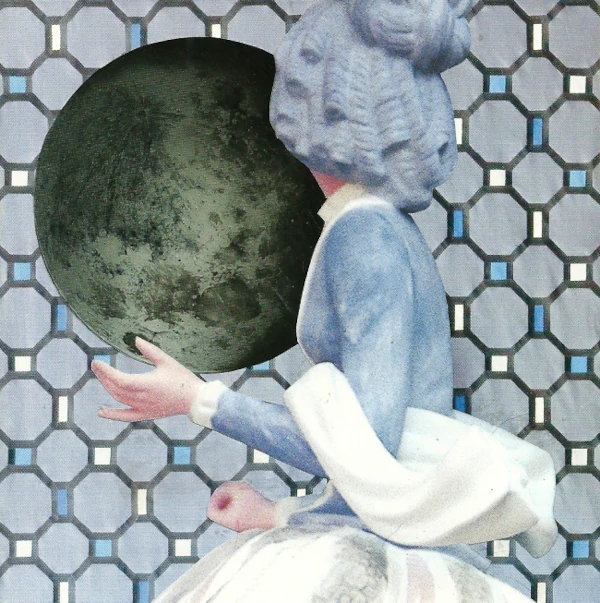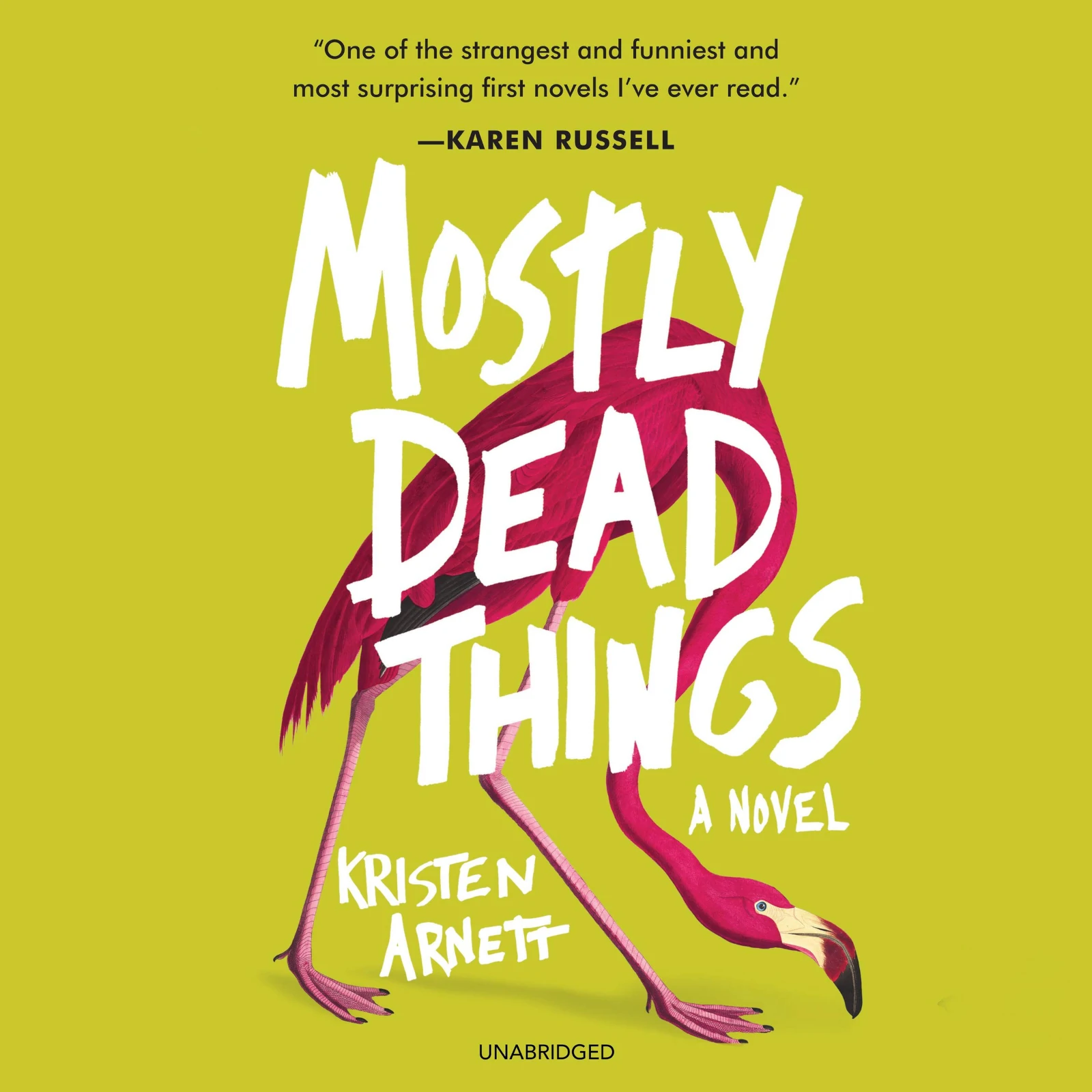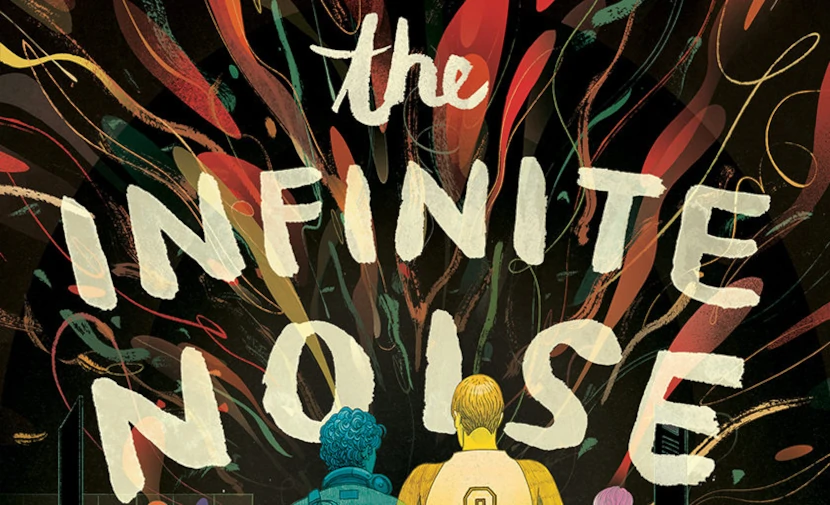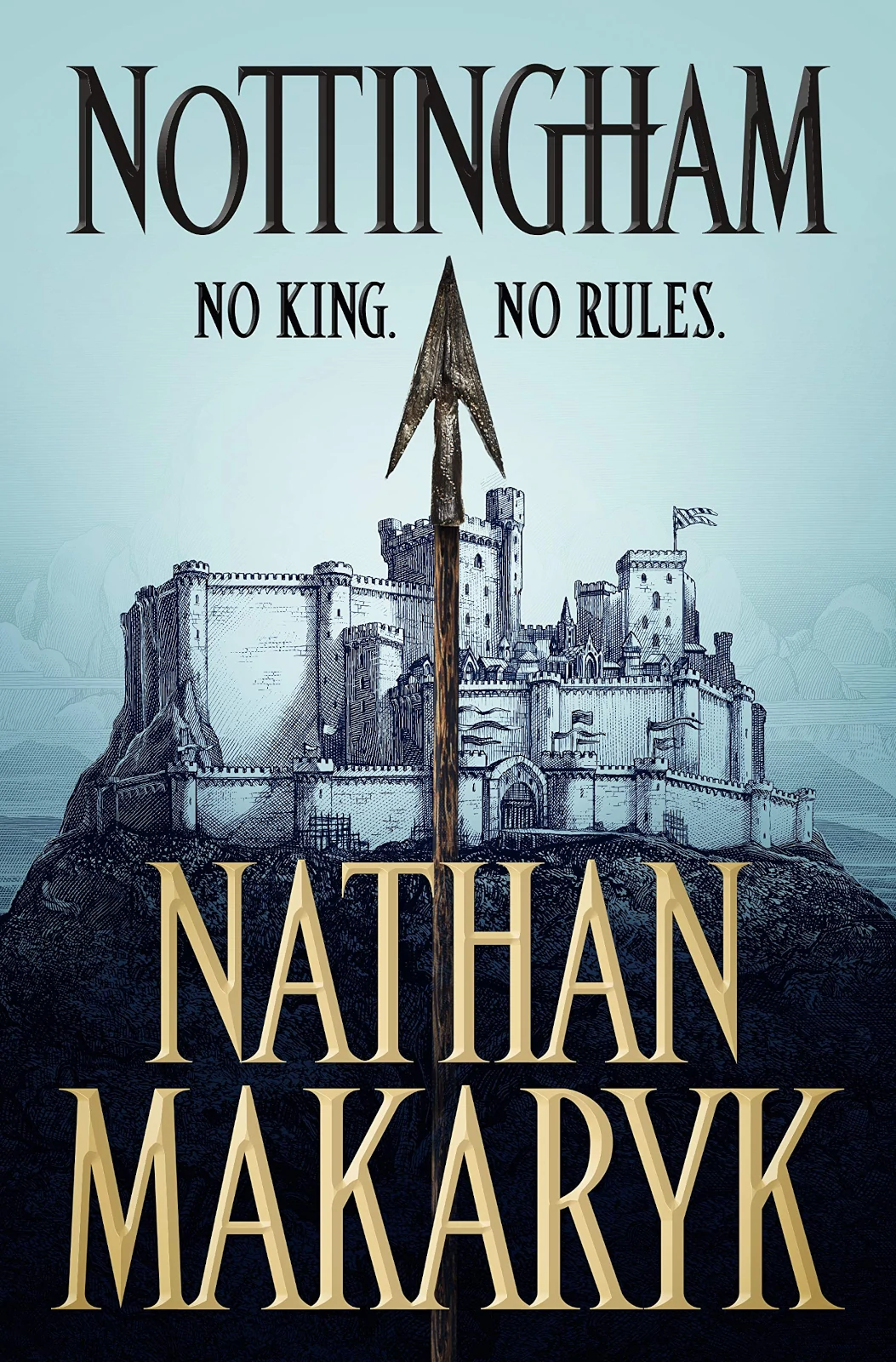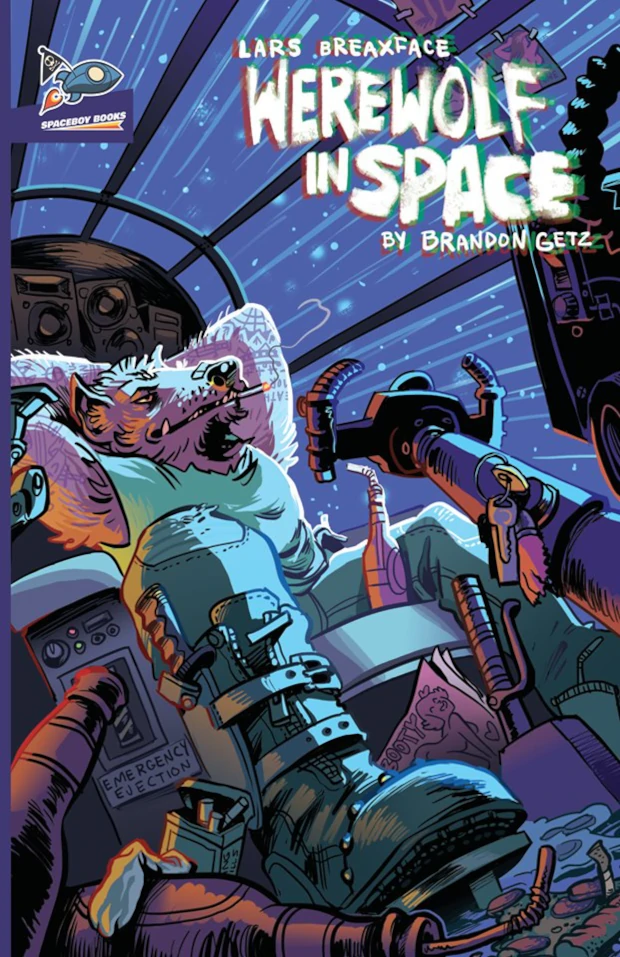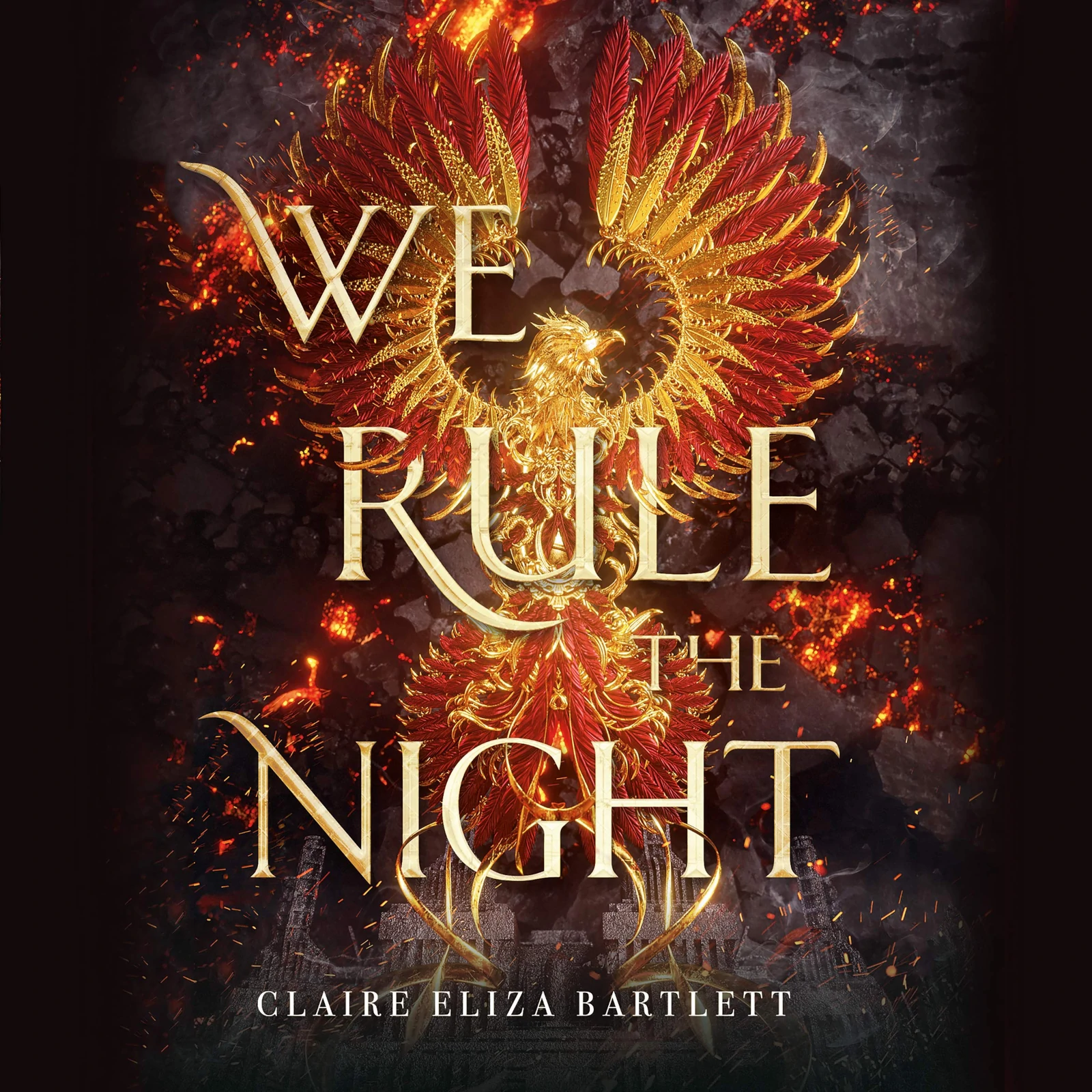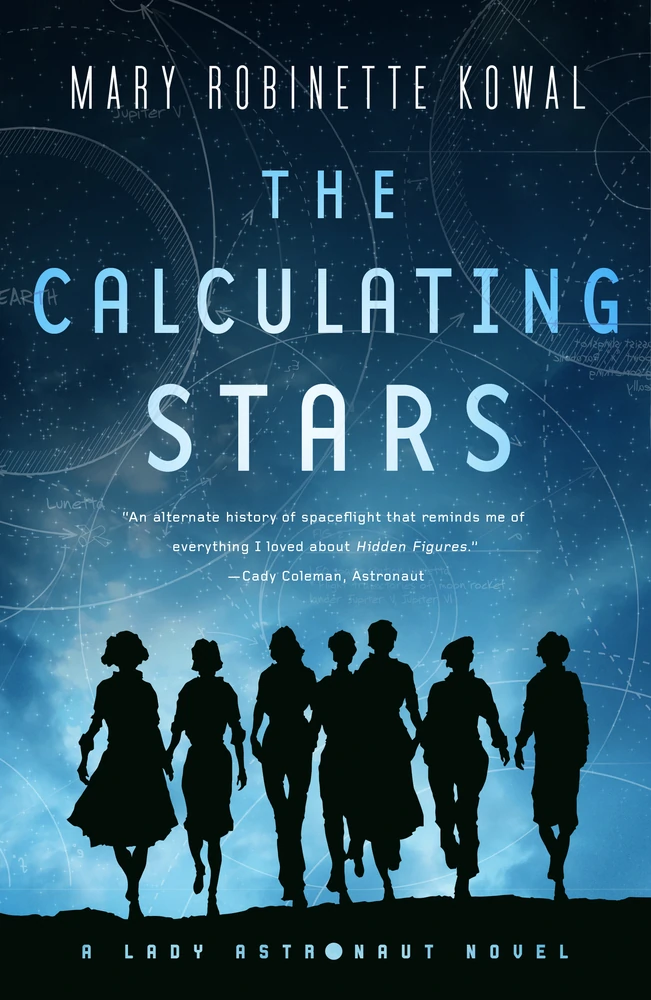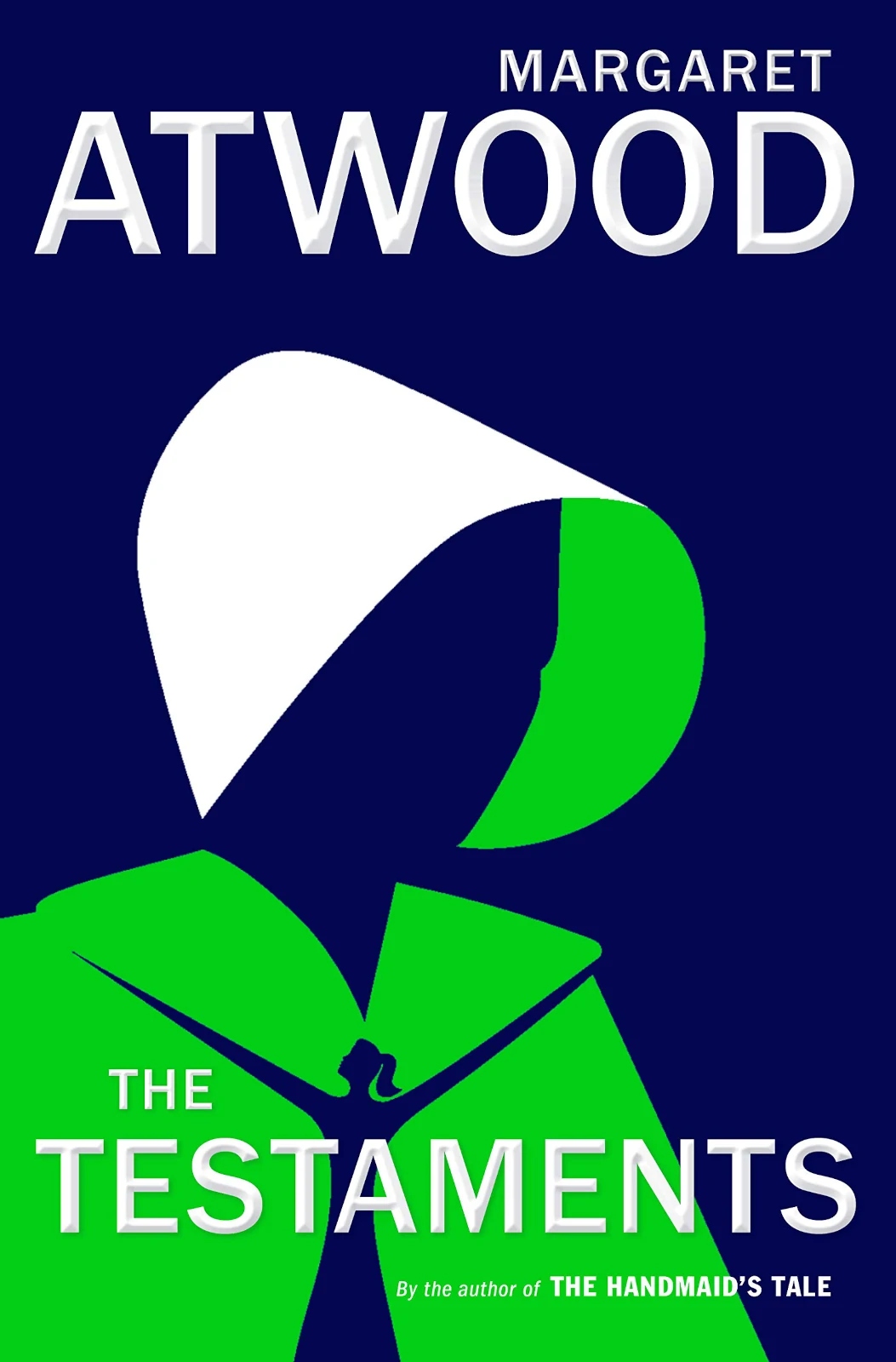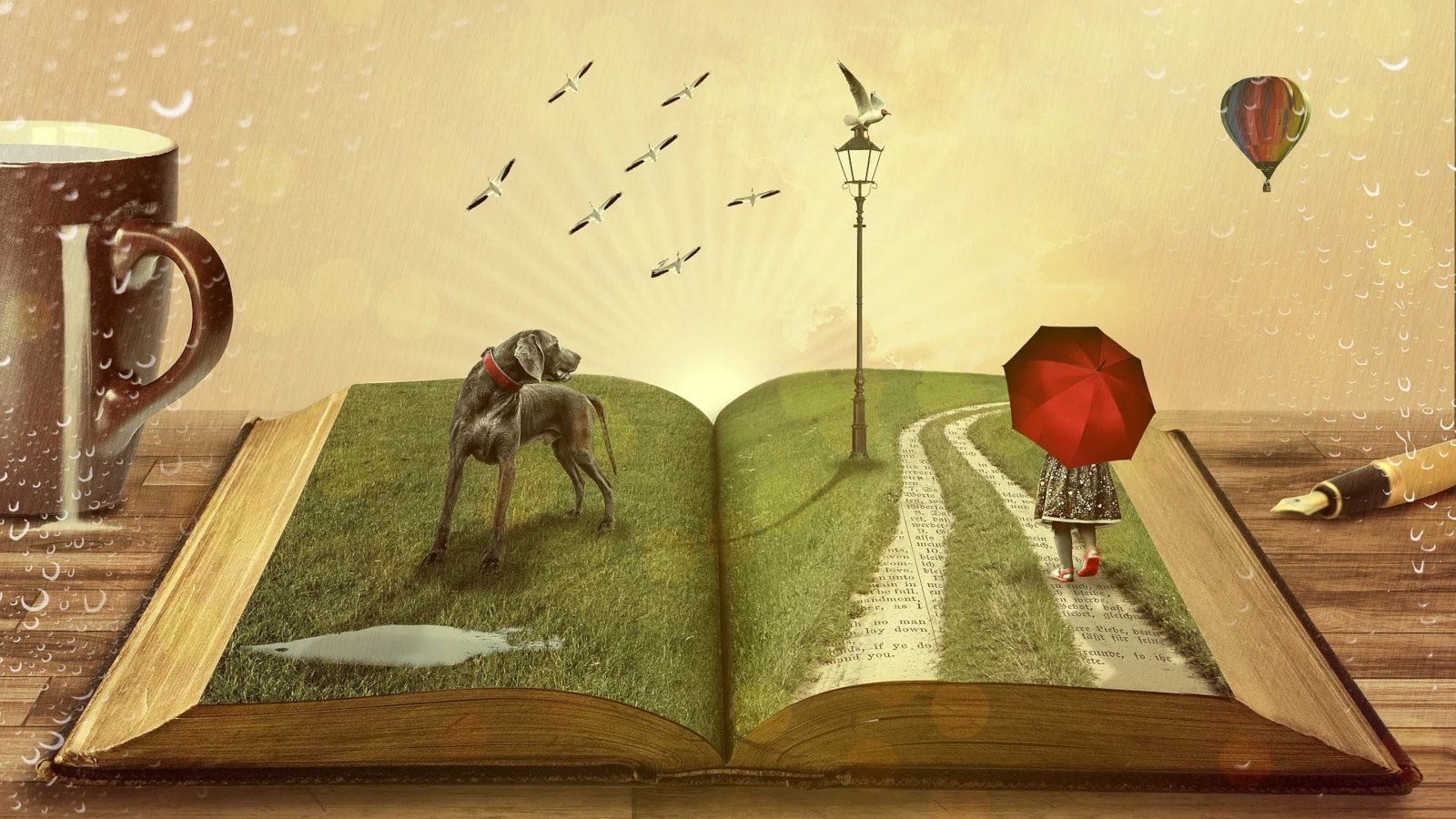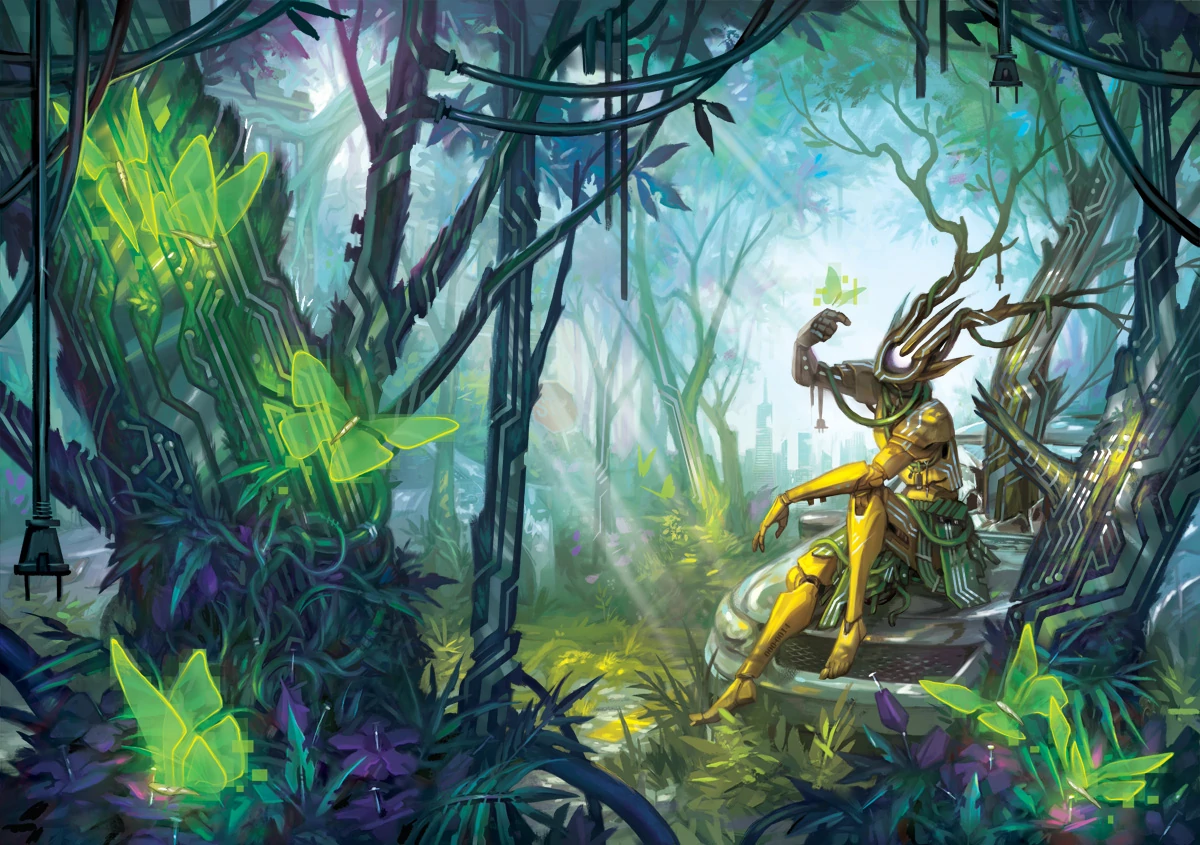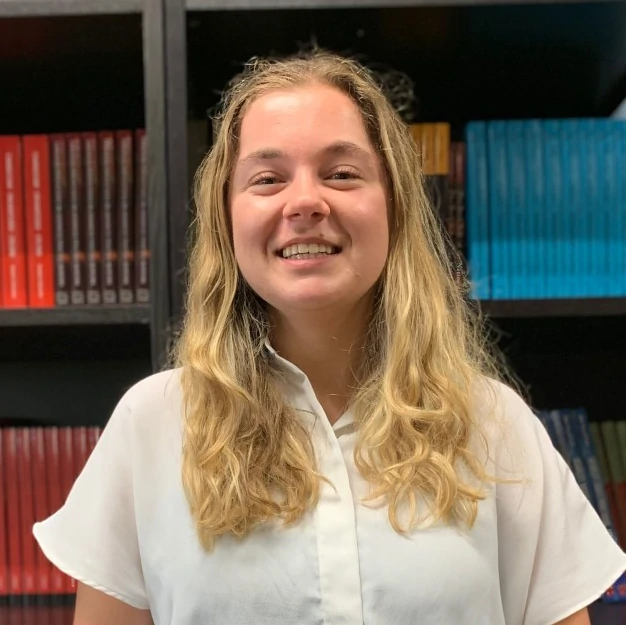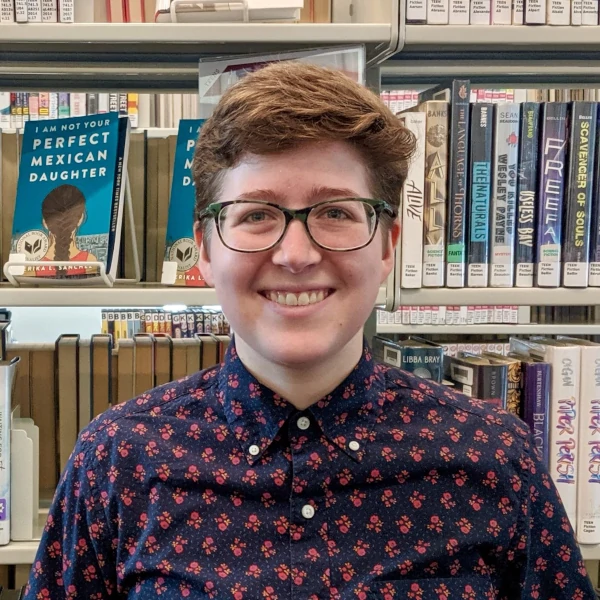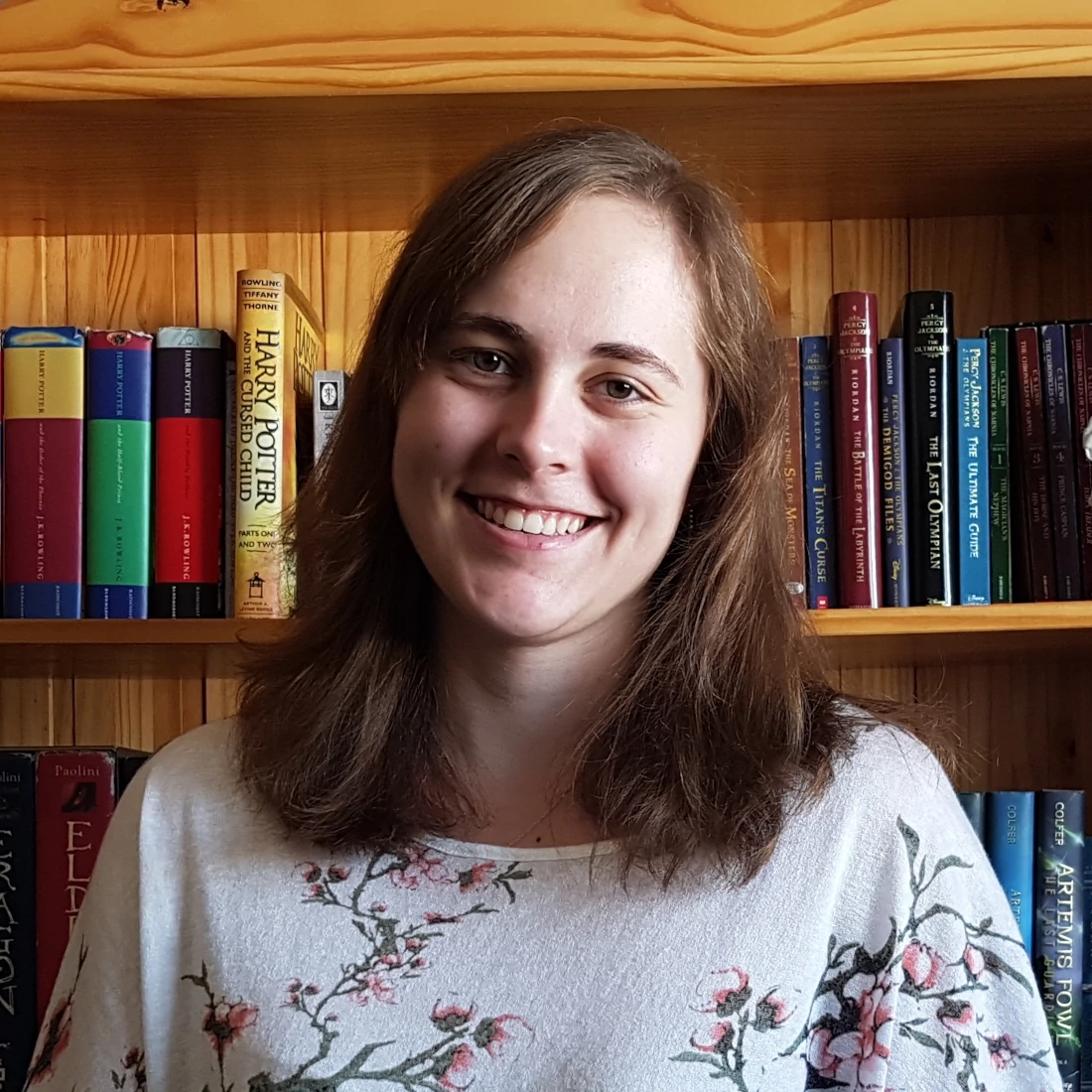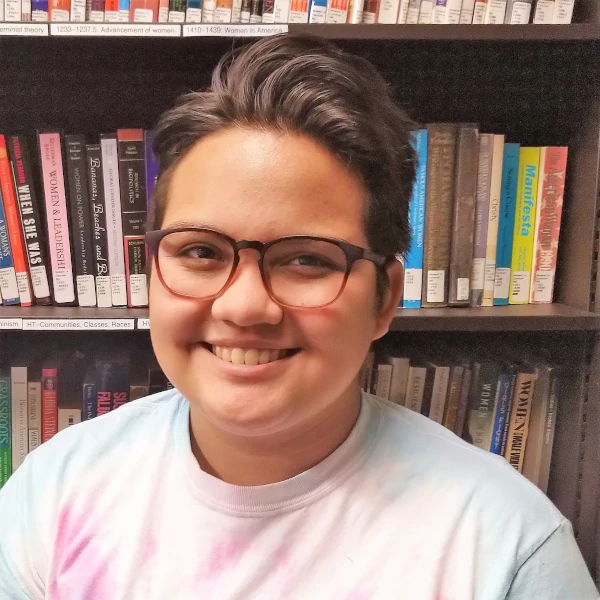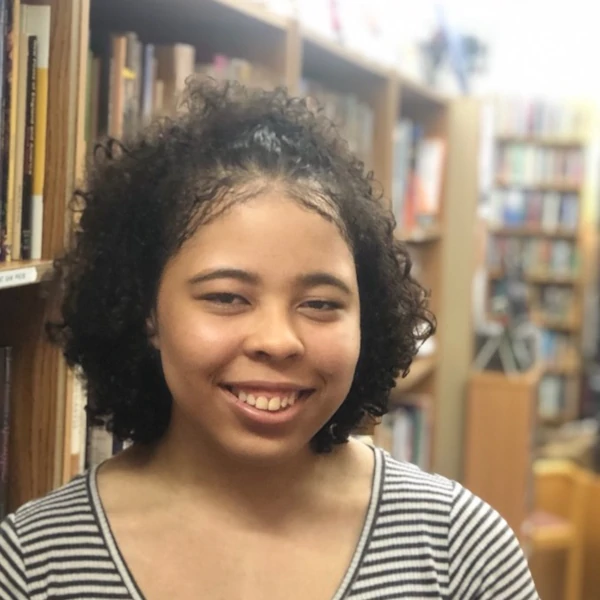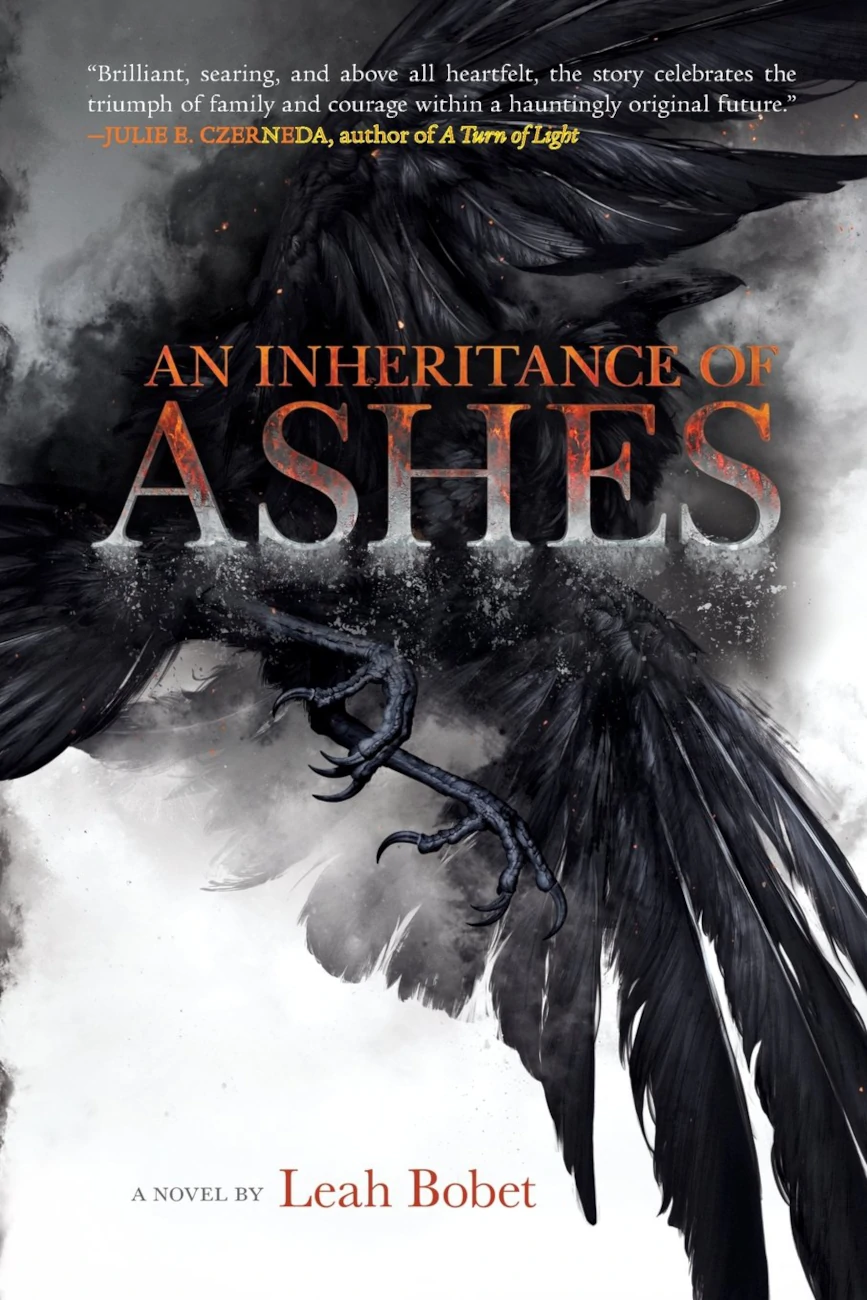
Writers Talking About Anything but Writing
An Interview with Yanyi on Reality TV, Gardens, and Traveling Alone
Writers Talking About Anything but Writing is a series of interviews in which we ask writers to take a break from trying to document the world and just kinda chill out in it for a while.
Laura Villareal (LV)
I think most people indulge in at least one reality TV show; mine is Below Deck. It’s wild to me that rich people can effortlessly request out-of-season food or demand something inconvenient. Like I have trouble saying yes when someone offers me water. I feel like the appeal of reality TV is getting to see people living in a way we can’t imagine. What are some of your favorite reality shows and what do you enjoy about them?
Yanyi (Y)
There’s
something valuable though voyeuristic about seeing how other people respond to
situations, however produced the situations are.
I have a conspicuous love for HGTV—more recently, Restored with the Fords,
which I discovered last year on a flight on my way to AWP (Does HGTV follow me,
or do I follow HGTV?). I have a soft spot for homemaking, spatial pleasure, and
interior design: it’s one of those shows I can reliably watch for something
more than the complete IKEA gut-cut that many other renovation shows offer.
Thanks to HGTV, I’ve also gradually built up enough interest about objects to
watch Antiques Roadshow, which deeply bored me as a child. As an adult,
it’s both painful and informative for me: knowing that these pieces are
everywhere gives me a small thrill, but it’s offset by imagining the kinds of
violence that brought many of those pieces into the basements of these mostly
white owners. One could apply many more kinds of analysis on any of these
shows, honestly, though that would be a longer conversation.
I derive so much specific entertainment from reality shows that this question
is a bit overwhelming, honestly. I would be remiss not to mention Are You
the One?, the dating show to end dating shows that’s airing its first
gender and sexually fluid season this summer—needless to say, MTV didn’t cast
the series with fluency in trans issues in mind. Nevertheless, so much of
what’s good about reality shows are their particular parodies of reality TV: AYTO
combines a kitsch of Survivor-esque challenges with elements from The
Bachelor, Blind Date, and Big Brother (the show, but shout-out
to Terrence J). I will never stop deriving entertainment from its meta-joke on
all game shows ever: the cast members are led in a chant every match ceremony
extolling a million-dollar prize (conveniently omitting the facts that the
money will be divided amongst the twenty-two of them, and taxed).
The other shows on rotation right now are Project Runway and 90 Day
Fiancé (recommended by my endocrinologist, haha).
LV
That’s a great thought. I usually think of museums when I think of objects being acquired through violence, but I hadn’t thought of how it applies to house restoration shows.
I have to admit I’m wary of shows that use marginalized people as promotion, like the new season of AYTO—it feels disingenuous and I worry the scripted part of reality TV will lean into tropes, but I watched a couple episodes of the new season of Are You the One? last night out of curiosity. It was kind of refreshing to see a whole house full of sexually and/or gender fluid folks approaching love and fluidity in different ways.
But going back to what you said at the beginning, “There’s something valuable though voyeuristic about seeing how other people respond to situations, however produced the situations are.” Can reality TV ever provide more value than voyeurism?
Y
I think the only problem with representation is the myth perpetuated by colonialism and white supremacy that it is liberation. Representation matters and is a part of it, but not it. Representation restores humanity to marginalized people—perceived and actual political invisibility is a whole other problem. AYTO is one example, and perhaps another less likely example is the homoerotic and platonic relationships that are represented on “accident” on The Bachelor. The other reason I like reality TV is more pedestrian, and a more basic facet of why I read or engage with anything that other people make: I’m interested in expanding my own ideas of humanity and of how people can be together or individually. I don’t mean that in the sense that I’m learning from the premise of The Bachelor: life is what emerges in the timbre from the notes. The production when it gets ugly, the ethical choices made (or not made) and the inevitable mess that must be sorted, understood, made note of, witnessed. It is life because it is happening in the lives of these people, no matter what the editing wants us to see. Oh, and I can go on. I love gossip. There’s something Shakespearean about the interweaved confessionals (often recorded after the actual events) that produce this pleasurable dramatic irony and power of both hindsight and foresight. Once you become acquainted with the genre, you can basically predict what will happen from the editing alone. The pleasure of genre waits wherever a reader goes. And it’s absolutely useless knowledge, only increasing as one goes further and deeper into these shows. But then again, why does that value have to be utilitarian? For whom is our productivity and self-improvement, whatever that education is, useful?
LV
You mentioned gardens as a topic for discussion. Can you tell me more about that? Do you garden or enjoy visiting gardens or both?
Y
I would love to have a
real garden someday, but for now I enjoy visiting them. I used to live next to
the Brooklyn Botanic Garden, and over the years, the lives of plants gave me
another way to experience time. Every year I look forward to the blooms of
cherry blossoms, bluebells, tulips, and irises; I look to the new growths on my
plants from buds to vines and leaves—they age faster than my body and at the
same pace.
The garden is one of my favorite metaphors for how I like to write and live:
seeding the earth and the sections hanging over each other; editing back,
letting new shoots appear. Day by day, the garden changes itself in ways I can
see, but over the years it transforms in ways I can never imagine.
LV
Wow, I love that. If you were to have a garden of your own, what would you grow and why?
Y
Difficult, difficult question! I would honestly have to discover the garden: where it is, what the weather is like year-round. And anticipate that changing, too. I know nothing about gardening but I love flowers and could probably name the ones I love. But this is not a recitation. The truth is, I like the idea of a native flora garden but don’t know where I’ll be living or what I’ll be doing yet. There are only questions. What do I want the garden to be like in spring? Summer? Fall? Winter? Do I want the growth to come up in concert, or shoot in intervals or waves? How would I like to be in my garden—does it matter to me that I would need to work hard to keep it up or alive? Or is it better that I let it go a little wild, here or there? What vegetables and fruits do I actually like to eat? What animals and insects will I be welcoming into my world? And are weeds really weeds? Are there weeds I might like? Where will I read? And have tea? And friends?
LV
Traveling alone is something I enjoy too. Where did you go on your first trip alone? Were you nervous? Are you a planner or someone who wanders?
Y
I just read this beautiful line from Elizabeth Hardwick’s Sleepless Nights: “When you travel, your first discovery is that you do not exist.” It took me some years before I could understand how I wanted to not-exist: that is, being no one and anyone. On a trip with friends to Iceland in 2015, we separated halfway through: I left Reykjavik for the Westfjords. I landed in a fishing village with a maritime museum, a famous fish restaurant, a bakery that had been there since the late 19th century, a library that used to be a hospital, and a hotel with the only free WiFi in town. I was in heaven and also restless. I realized both that I missed people to talk to and that I could triangulate for abnormally long between bakery, restaurant, and library. And of course, the long walks along the docks watching the sun set over the fjord. I had no idea what I was going to do when I got there. In those four days, I wandered into myself. I consider it an accidental first residency.
LV
You captured the feelings of traveling alone beautifully. Where will your next solo trip take you?
Y
I’m taking a trip to Porto this winter. But one does not need to go far. It’s enough to walk somewhere else for a change, even to a new thrift shop, diner, bookstore. It’s a gift of the city.

